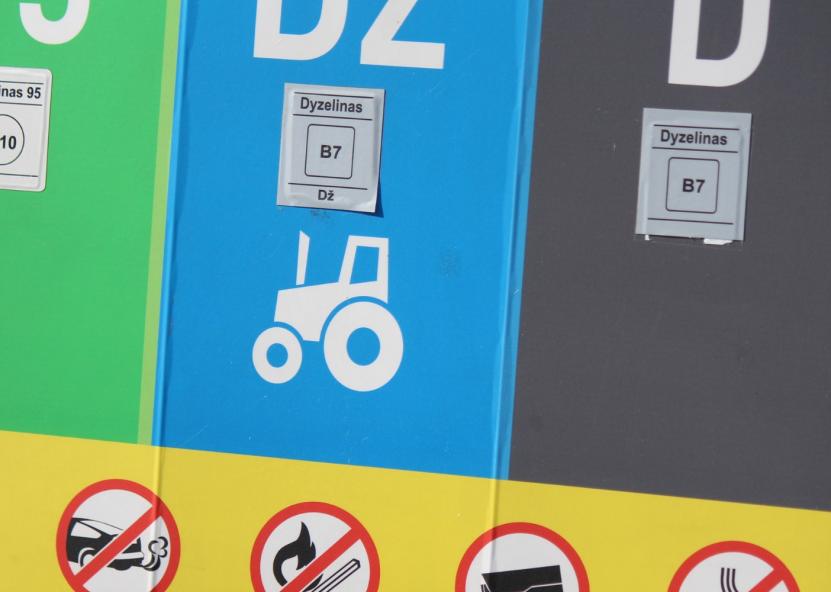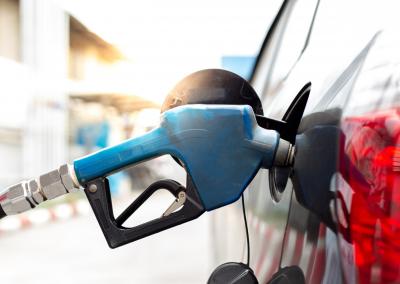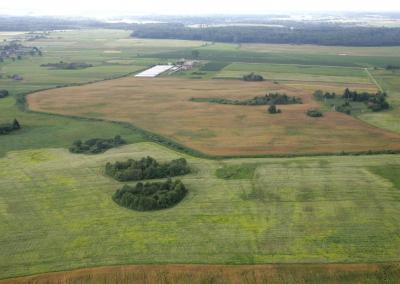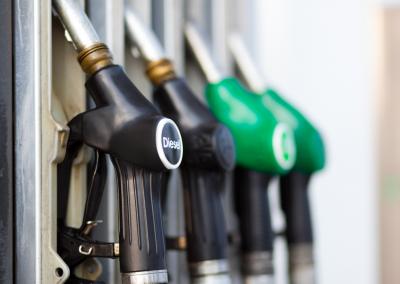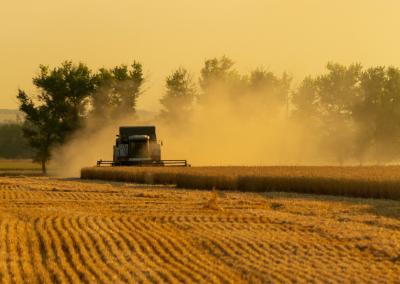Will farmers have to keep fuel stocks?
Emergency preparedness is talked about for a reason. And not just because of the potential for military conflict. Ongoing climate change threatens natural disasters almost every year. So the state is constantly looking for ways to cope with difficult situations. More recently, the idea has been floated that farmers could help with fuel supplies.
Chamber of Agriculture supports the idea
„Farmers are always defending their land and country. It has always been so – farmers have been one of the greatest patriots and pillars of Lithuania“, – convinced the President of the Chamber of Agriculture Dr. Arūnas Svitojus.
It was at the meeting with the Minister of Agriculture, Ignas Hofmanas, at the Chamber of Agriculture on 1 April that the topic of national defence was also touched upon. At that meeting, the idea was put forward that in the event of emergencies, farmers could store fuel and thus contribute to national security.
„There was talk of building up fuel reserves – stockpiling fuel. These would be useful in the event of an emergency destroying central resources. Farmers could then save some of the fuel to be used in such emergencies," elaborated the President of the HRC during the meeting.
He assured that the EAA as an institution supports this idea.
Support from the Parliamentary Committee on Rural Affairs
„Cooperation between the military and civilians in emergency situations is necessary“, – convinced Matas Skamarakas, Member of the Seimas, Vice-Chairman of the Committee on Rural Affairs.
He also has no doubt that the idea is an important step that can help ensure national security and efficient use of resources in an emergency situation.
„Farmers with large fuel reserves could provide support to the army when it is needed the most“, – continued Mr Skamarak.
For his part, the President of the EAA added that Lithuanian farmers can indeed do even more.„This could include providing machinery repair services, lending premises when needed or otherwise making use of infrastructure in the regions. That is, when something needs to be moved, repaired, hidden, refuelled or evacuated," said Dr Svitojus.
Communication and acceptance are essential
„I would support this proposal, but only if all the necessary safeguards are in place (training for farmers on how to efficiently and safely transfer fuel to the army, clear communication and information to all stakeholders on their rights and obligations) and appropriate regulation (e.g, farmers could have contracts with the army or other state institutions to clearly define when and how their fuel could be used and to provide for a compensation mechanism)“, – Mr Skamarak made his position clear.
The Vice-Chairman of the Committee on Foreign Affairs assured that the cooperation between national defence and farmers must be transparent.
„One should also think about the possible consequences for farmers. It is important that it does not increase their burden or complicate their daily activities," the politician pointed out the other side of the possible agreement.
Whether farmers and Lithuania's regions would support this idea is unclear. Indrė Vilūnienė, a spokeswoman for the Association of Lithuanian Municipalities, said that the association has not yet heard of such an idea and could not identify the position of municipalities on this issue.



































































































